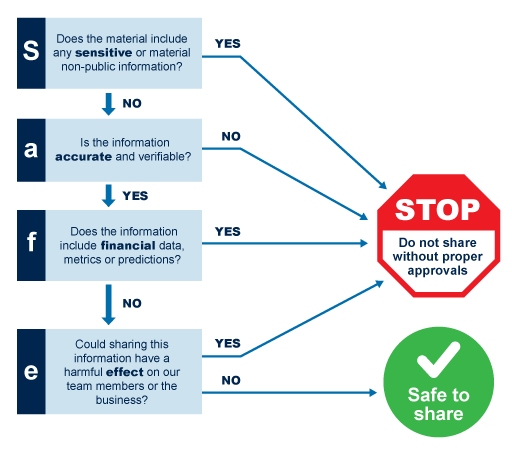5.3 General Data Protection Regulations (GDPR)
This is a European data protection law that gives individuals more control over their personal information. For organisations, this means ensuring that there are robust data privacy policies and processes, which limit how personal data is accessed and what an organisation can do with that data.
It is important to understand that data and information is not restricted to that contained in documents, but it is content that is used in any system, asset or communication that exists digitally or physically.
Data and information can exist in:
- documents, spreadsheets, presentations
- database systems
- content on online learning platforms
- video, audio, image assets
- websites
- emails
- reports
- staff records
The UK GDPR sets out seven key principles:
Principle
|
Article 5(1) requirement |
|---|---|
| Lawfulness, fairness and transparency | Personal data shall be processed lawfully, fairly and in a transparent manner in relation to individuals |
Purpose limitation
|
Personal data shall be collected for specified, explicit and legitimate purposes and not further processed in a manner that is incompatible with those purposes; further processing for archiving purposes in the public interest, scientific or historical research purposes or statistical purposes shall not be considered to be incompatible with the initial purposes |
Data minimisation
|
Personal data shall be adequate, relevant and limited to what is necessary in relation to the purposes for which they are processed |
Accuracy
|
Personal data shall be accurate and, where necessary, kept up to date; every reasonable step must be taken to ensure that personal data that are inaccurate, having regard to the purposes for which they are processed, are erased or rectified without delay |
Storage limitation
|
Personal data shall be kept in a form which permits identification of data subjects for no longer than is necessary for the purposes for which the personal data are processed; personal data may be stored for longer periods insofar as the personal data will be processed solely for archiving purposes in the public interest, scientific or historical research purposes or statistical purposes subject to implementation of the appropriate technical and organisational measures required by the GDPR in order to safeguard the rights and freedoms of individuals |
Integrity and confidentiality (security)
|
Personal data shall be processed in a manner that ensures appropriate security of the personal data, including protection against unauthorised or unlawful processing and against accidental loss, destruction or damage, using appropriate technical or organisational measures |
Accountability
|
The controller shall be responsible for, and be able to demonstrate compliance with, these principles (Article 5(2)) |
Note: While there may be a nominated ‘controller’ who has oversight of GDPR for an organisation, anyone who handles personal data has a responsibility to adhere to the seven Principles as set out through the relevant organisational policies and processes. In most HEIs, you are required to complete GDPR training on an annual basis to ensure that you understand your responsibilities. Check – what is in place in your organisation?
Activity 16 Think about the information and data you handle
How often do you consider GDPR when you handle information and data? Are you confident that, when you do so, your behaviour would meet the requirements of your organisations policies and processes?
The GitLab open-source handbook has a simple approach to help you make informed choices, and they have created the ‘SAFE’ framework to act as a guide, which includes examples of what to do if unSAFE information is shared and how they reinforce SAFE.
Make some notes below. What action if any do you need to take now?

